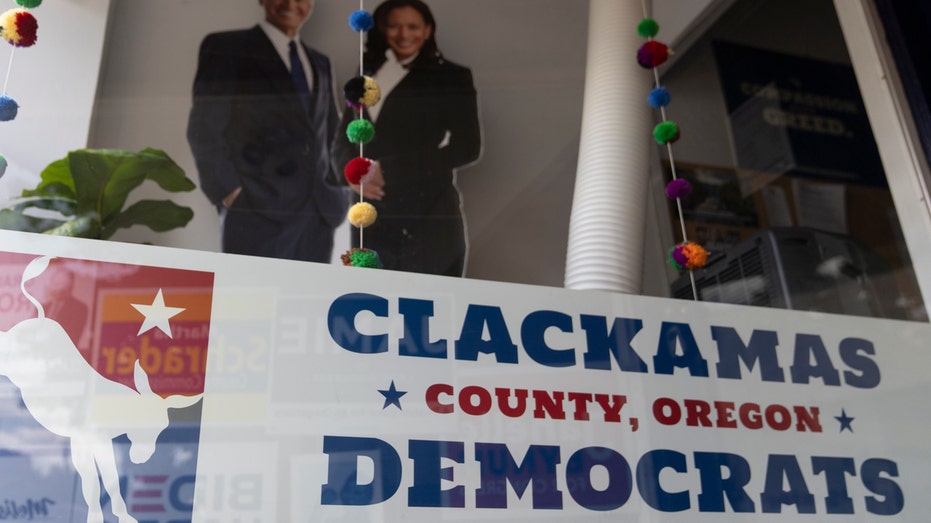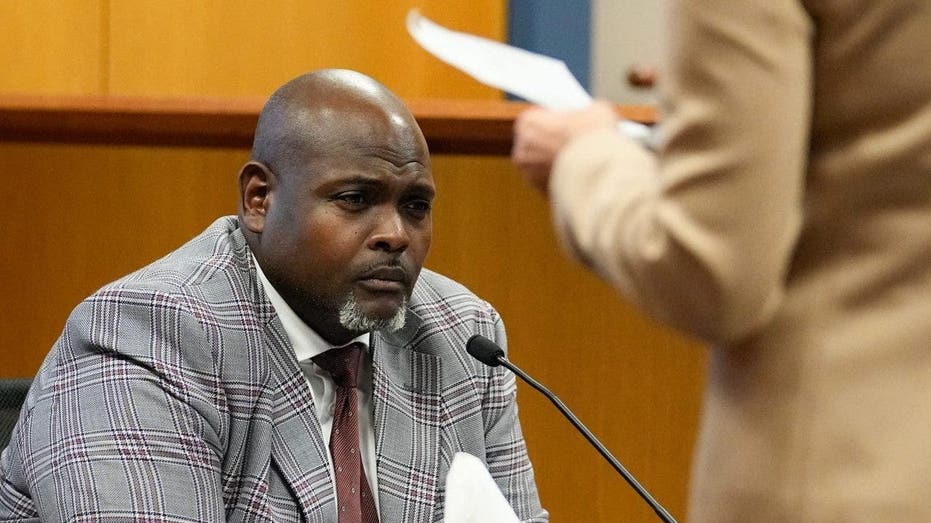Students in Kentucky showed some improvement on their statewide test scores, especially in elementary schools, but considerable work remains to get back to pre-pandemic levels, state education officials said. The subject has become a top issue in this year’s hotly contested race for governor.
Despite the gains, elementary to high school students in the Bluegrass State are still struggling across a range of core subjects in the wake of schools’ COVID-era shift to virtual learning to try to keep people safe. Those struggles reflect a nationwide problem of lagging academic achievement, prompting extensive efforts in Kentucky and elsewhere to help students overcome the pandemic learning setbacks.
“We see progress in some areas, especially at the elementary school level, but there is still a lot of work left to be done,” said Robin Fields Kinney, the state’s interim education commissioner. “We must not underestimate how much of an impact the COVID-19 pandemic has had on our children.”
The annual Kentucky School Report Card, made public late Tuesday, showed improvement among the number of pupils deemed proficient or distinguished in reading at the elementary school level.
The number of elementary school pupils considered proficient or distinguished in math, science and social studies also increased, with smaller gains at other schools, education officials said in releasing the report for the 2022-2023 academic year.
The statewide tests were given to public school students in grades 3-8 and 10-11 this past spring.
Education is always an overarching issue in gubernatorial contests, but pandemic-related learning loss escalated to a flashpoint topic for Democratic Gov. Andy Beshear and Republican challenger Daniel Cameron, and the off-year race is drawing considerable attention nationally. The election is next Tuesday, but Kentuckians head to polling places for three days of early voting starting Thursday.
Cameron, the state’s attorney general, has tried to blame Beshear’s pandemic-related actions, when schools were closed, for the learning loss. Beshear says he prioritized vaccinating teachers to get schools reopened and says his pandemic policies reflected recommendations from then-President Donald Trump’s coronavirus task force. Sending teachers and other school staff back to school before having access to the vaccine would have put them and their families at risk, the governor says. The COVID-19 virus has killed more than 19,000 Kentuckians since early 2020.
Cameron has proposed tutoring programs for students who fell behind in math and reading during the pandemic. The proposal mirrors initiatives already underway in some school districts. Beshear is pushing for state-funded preschool for every 4-year-old in Kentucky to bolster early education.
The state’s GOP-dominated legislature has generally followed its own course in setting education policies. The two-year budget that lawmakers passed last year funded full-day kindergarten and poured money into teacher pensions and infrastructure. They increased the state’s main funding formula — known as SEEK — for K-12 schools, but the amount was considerably less than what Beshear proposed.
Kentucky received more than $2 billion in federal pandemic-related relief funding to help accelerate learning and get additional support to school districts and students who need it the most, state education officials said. Most districts expanded tutoring and added more summer learning programs, they said.
KENTUCKY DECLARES STATE OF EMERGENCY AFTER COAL PLANT COLLAPSE; 1 WORKER CONFIRMED DEAD
The latest test score data showed that 47% of elementary school pupils statewide scored proficient or distinguished on their reading tests — a 2 percentage point improvement from a year ago. Among middle school students, 45% achieved proficient or distinguished scores in reading, up from 44% a year ago. The number of high school students reaching those levels remained the same at 44%.
In math, 42% of elementary school pupils were at proficient or distinguished levels, up from 38% last year. In middle schools, 37% attained those levels, unchanged from a year ago. At high schools, 33% reached those levels, down from 36% last year.
Brigitte Blom, president and CEO of the Prichard Committee for Academic Excellence, said the latest report showed “valuable growth” since last year, but stressed that considerable work remains to regain pre-pandemic levels and to lift students to even higher achievement. The Prichard Committee is a statewide citizens’ group that advocates for improved Kentucky schools.
“As a commonwealth, we need to invest in education to increase our pace of improvement so Kentucky learners are on track to compete in a rapidly changing economy,” Blom said in a statement.




